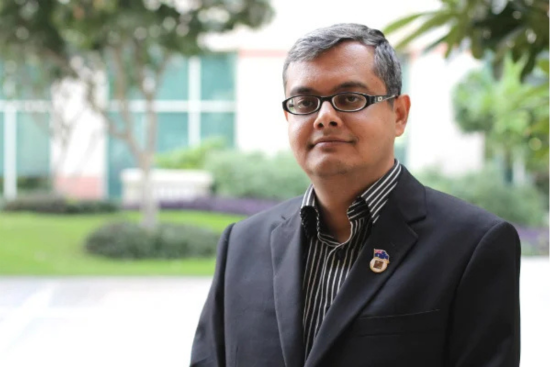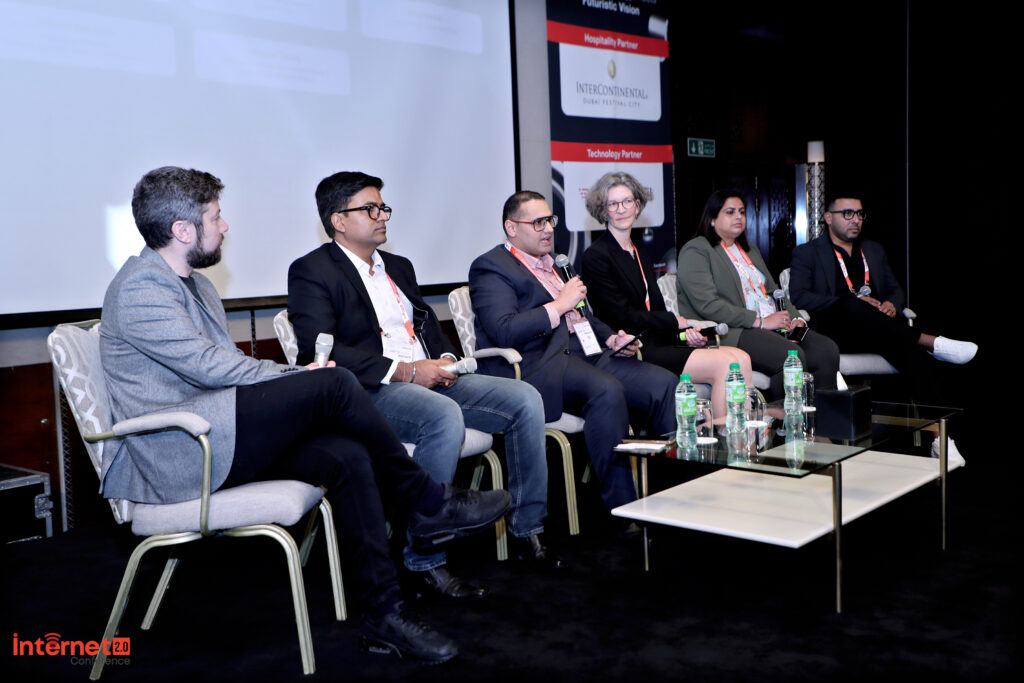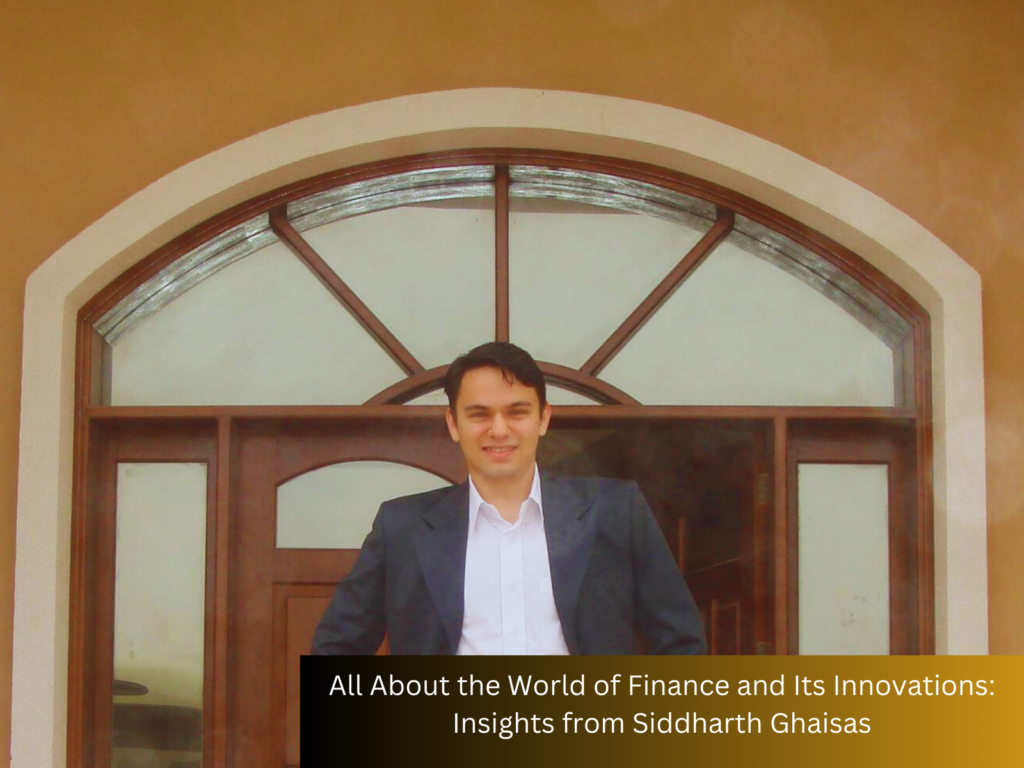Each year, August 14 is observed as Financial Awareness Day—a timely reminder of the importance of taking control of one’s financial journey. Financial literacy, often seen as a technical subject, is in fact a deeply personal life skill. From navigating uncertainty to making empowered choices, the ability to understand, plan, and manage money is what truly enables us to live with dignity and independence.
A Lifelong Journey: Financial Planning at Every Stage
Financial literacy evolves as we move through life. Early on, it’s about discipline in saving, learning to invest wisely, and building passive income streams. This mindset is central to the FIRE (Financial Independence, Retire Early) movement. Contrary to popular belief, FIRE isn't about quitting work, it’s about cultivating enough financial flexibility to ‘live life on your own terms’. That begins with aligning spending to personal values, building habits of Long-Term investing, and avoiding lifestyle inflation.
Later in life, the focus shifts toward preserving wealth and planning for future generations. Wealth transfer is not just about passing on money, but also about transferring values, intent, and clarity. Setting up trusts, using structured insurance instruments, and conducting open conversations within the family all contribute to a smooth and meaningful transition of legacy. The earlier we think about this, the more power we have to shape the outcome.
Emergency Readiness: Your Financial Safety Net
Unexpected events like job loss, illness, market crashes, can erode years of effort. That’s why emergency planning is a critical part of financial literacy. The need to build an emergency fund covering 6–12 months of expenses, along with adequate health and term life insurance.
Many households in India mistake real estate for a guaranteed investment—it is, more often than not, a consumption asset. True investment diversification comes from systematic investment plans (SIPs), fixed deposits, and long-term public saving schemes. It's equally important to avoid the temptation of “get-rich-quick” ideas like speculative crypto bets or micro-cap stocks without understanding the risks.
Future Finance: Blockchain and Digital Assets
Technology is rapidly reshaping personal finance. Blockchain technology introduces a new era of transparency, accessibility, and cost efficiency in financial services. Concepts like tokenization allow fractional ownership of assets, from real estate to artwork, opening doors for smaller investors to participate in diversified portfolios.
However, with innovation comes risk. Cybersecurity, regulatory ambiguity, and market volatility are real challenges. While crypto assets offer diversification potential, they demand a strong base of financial education. Integrating digital assets into wealth portfolios must be done with clarity, research, and a strong understanding of personal risk tolerance.
Education as a Financial Multiplier
Mastering financial tools—be it SIPs, estate planning, or digital assets—requires more than just YouTube videos or WhatsApp forwards. Formal learning platforms can help individuals decode complexity with clarity. Programs like SP Jain Global’s MFWM (Master of Applied Finance and Wealth Management) are designed to bridge theory with practice. Through exposure to traditional and alternative asset classes, case-based learning, and real-time market simulations, students gain not just knowledge but confidence in decision-making.
The rise of AI-powered platforms, robo-advisors, and data-driven analytics in wealth management. To stay relevant, financial literacy must evolve to cover these emerging tools—not only for professionals, but for individuals who want to make informed choices about their money.
A Mindset for the Long Run
At its core, financial awareness is about more than building wealth. It’s about building a life of options, where money becomes a tool—not a source of anxiety. The FIRE philosophy advocates living below your means not as deprivation, but as empowerment. When you reduce dependency on material excess, you create room for meaningful work, relationships, and health—the real markers of success.
And while tools and techniques may evolve—blockchain, mutual funds, insurance, estate planning—the underlying principle remains timeless: Intentional planning today shapes your security tomorrow.
Closing Thoughts: Start Where You Are
On this Financial Awareness Day, I encourage readers to take stock—not of how much you have, but of how you manage what you have. Build a plan, however small. Track your expenses. Ask questions. Seek education. Talk to your family. Don’t be afraid to say, “I don’t know”—because every informed decision begins there.
Author’s Bio
Dr Arindam Banerjee, Professor of Finance at SP Jain Global, teaches across GMBA, MGB, and EMBA programs. He holds a PhD in Management and also heads the Master of Applied Finance & Wealth Management program, specializing in global strategic finance and alumni engagement.
Inspired by this piece? See more thought leadership from our faculty here.




